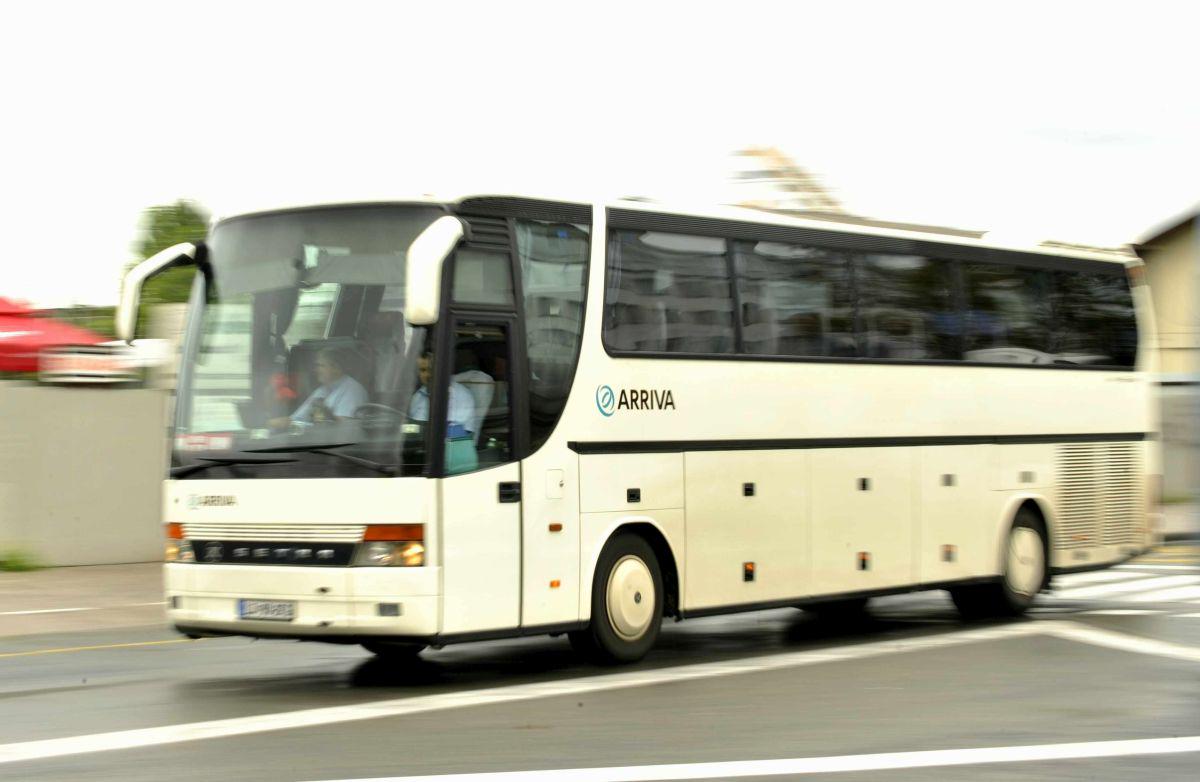
The unions broke off the negotiations after one year because employers were not willing to give in to demands concerning the lowest pay grades or “standby time.” The Secretary General of the Transit and Transportation Networks Union (SDPZ) Saška Kumer, explains that at the end of 2017, the unions extended the collective bargaining agreement for a period of one year – in good faith, with the expectation that employers would be willing to take part in dialog. “Now that our good faith has turned out to have been misplaced, we plan to intensify our union activity early next year.” According to legislation, the collective bargaining agreement will remain valid for another year, even though a new one has not been signed.
Saška Kumer adds that the key problems of the existing collective bargaining agreement are the low pay grades and the terms governing work hours. As we have reported, the collective bargaining agreement defines standby time, which is valued less than work time. In practice, this means that drivers waiting at a bus stop for an hour are given just a third of the hourly rate. As a result, bus drivers need to be on the job for more than ten hours to receive credit for the required eight hours a day.
The lowest monthly wage is set at 420 euros
“Even the employers agree that the conditions in this industry are poor. We have come to the stage where employers are giving out awards to those who bring in new workers. That’s why the unions have hoped for effective dialog, but it turns out that the employers’ interest is focused on the short term,” says Kumer. She adds that instead of taking part in the dialog, employers have tried to solve the situation by importing workers – mostly from the countries of the former Yugoslavia. Kumer emphasizes that “this well will eventually run dry and that the industry will be left without workers and a problematic collective bargaining agreement.”
“Our collective bargaining agreement sets the lowest monthly wage in the first pay grade at 420 euros,” says SDPZ President Emil Prohan, He explains that the higher pay grades do not fare any better because all of the amounts defined by the agreement are lower than the minimum wage. “When people devalue this profession, they forget that the drivers are responsible for 50 lives in their buses. These are our lives and the lives of our children,” adds Prohan.

































































